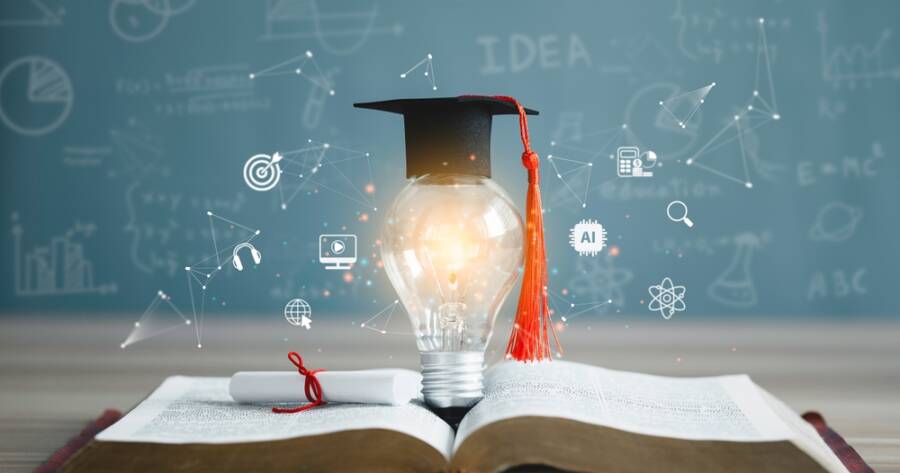Meta-learning, or “learning to learn,” is a crucial skill that enhances our ability to acquire knowledge efficiently and adapt to new challenges. In a rapidly changing world, the ability to learn effectively impacts personal and professional growth. By developing meta-learning skills, individuals can optimize their educational endeavors, improve problem-solving abilities, and boost overall productivity. Understanding how to enhance these abilities lays the foundation for sustainable lifelong learning.
Understanding Meta-Learning
Meta-learning involves understanding and managing one’s own learning processes. It encompasses skills such as self-awareness, goal-setting, time management, and reflecting on learning experiences.
By developing an awareness of how they learn best, individuals can tailor their strategies to suit different tasks and challenges. This adaptability enhances motivation and confidence, ultimately leading to more effective learning outcomes across various domains.
Setting Clear Learning Goals
Effective learners set clear, achievable goals that guide their educational journey. By defining specific objectives, individuals provide themselves with a roadmap for success.
These goals should be SMART (Specific, Measurable, Achievable, Relevant, Time-bound) to ensure they are meaningful and attainable. Goal-setting adds structure to the learning process, facilitates progress tracking, and boosts motivation by providing clear milestones for achievement.
Embracing Diverse Learning Strategies
Different tasks and subjects may require various learning strategies. Meta-learners are flexible in their approach, experimenting with techniques such as active recall, spaced repetition, and mind mapping.
They recognize the importance of aligning strategies with their learning objectives and preferences. By embracing diverse methods, learners can tackle complex concepts and retain information more effectively, enhancing overall learning efficiency.
Enhancing Self-Awareness
Self-awareness is a cornerstone of meta-learning, empowering individuals to recognize their strengths, weaknesses, and preferred learning styles. Reflective practices, such as journaling or self-assessment questionnaires, help individuals gain insights into their learning processes.
By understanding what works best for them, learners can make informed decisions about how to approach new material and overcome challenges, optimizing their educational experiences.
Developing Critical Thinking Skills
Critical thinking is an essential skill for successful meta-learning, enabling individuals to evaluate information, analyze problems, and make informed decisions. Engaging with diverse perspectives and questioning assumptions fosters an open-minded approach to learning. By practicing critical thinking, learners can enhance their ability to synthesize information and develop innovative solutions, broadening their intellectual capabilities.
Leveraging Technology and Resources
Technology offers a wealth of resources and tools to support meta-learning. Online platforms, educational apps, and digital libraries provide access to vast amounts of information and diverse learning materials.
By utilizing these resources, learners can customize their educational experiences to fit their needs and preferences. Additionally, technology facilitates collaboration and networking, connecting individuals with peers and experts worldwide.
Encouraging Collaboration and Networking
Collaborative learning encourages the sharing of ideas, perspectives, and experiences, enriching the educational journey. Participating in study groups, discussion forums, or workshops fosters a supportive community that enhances motivation and engagement.
Networking with fellow learners and mentors offers opportunities for feedback and guidance. By engaging with others, learners can gain insights into different approaches and strategies, enhancing their meta-learning abilities.
Learn More Today!
Developing meta-learning abilities empowers individuals to navigate the complexities of modern education and adapt to new challenges with confidence. By setting clear goals, embracing diverse strategies, and enhancing self-awareness, learners can optimize their educational endeavors.
Leveraging technology, fostering critical thinking, and encouraging collaboration further enrich the learning experience. Cultivating these skills ensures that individuals remain agile, motivated, and equipped to succeed in a dynamic world. Embracing meta-learning facilitates continuous personal and professional development, building a strong foundation for lifelong success.

